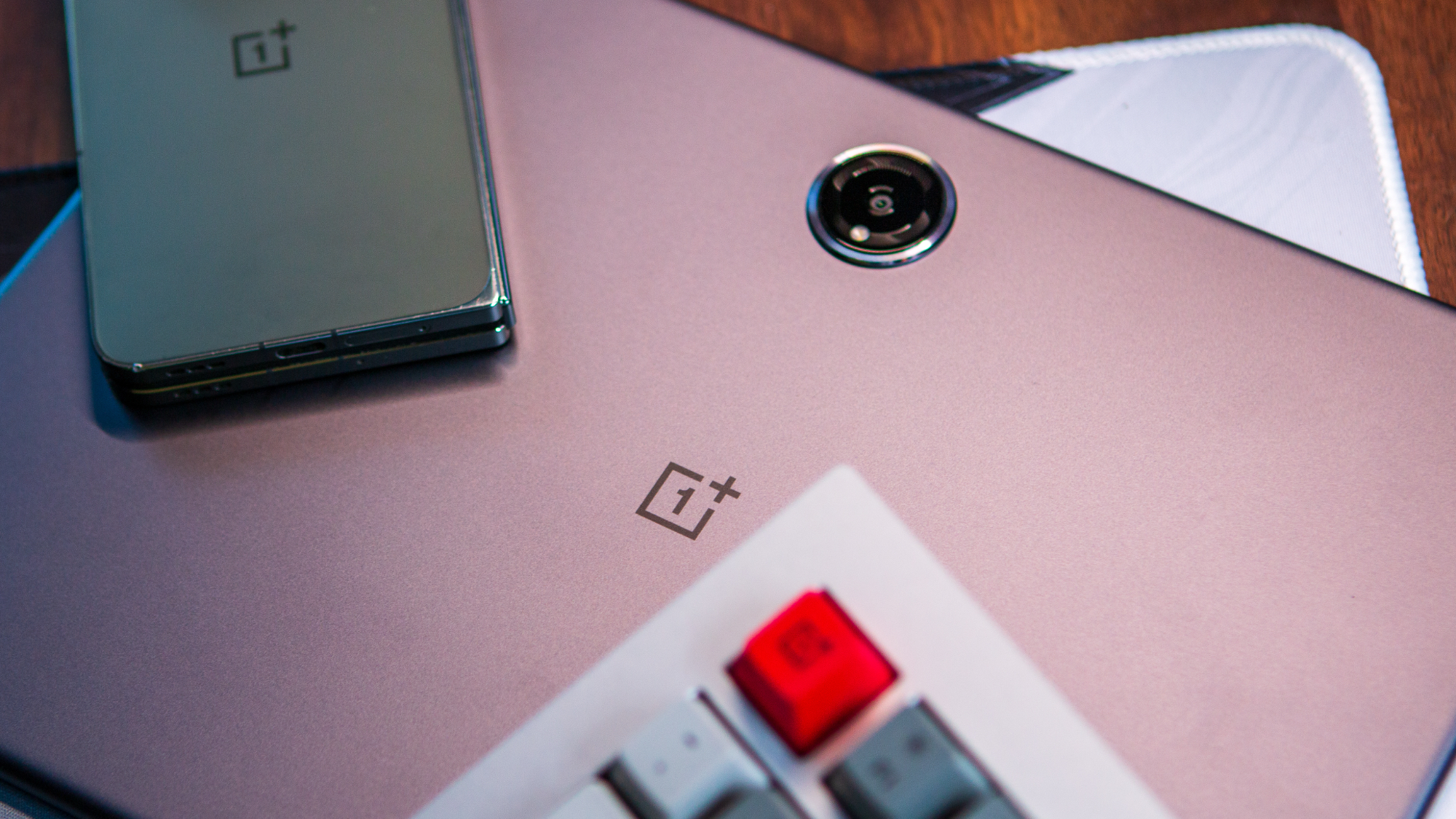Samsung Wallet vs. Google Wallet: the battle for your pockets loyalty
Google Wallet vs. Samsung Wallet is a must with more payment options on the horizon.
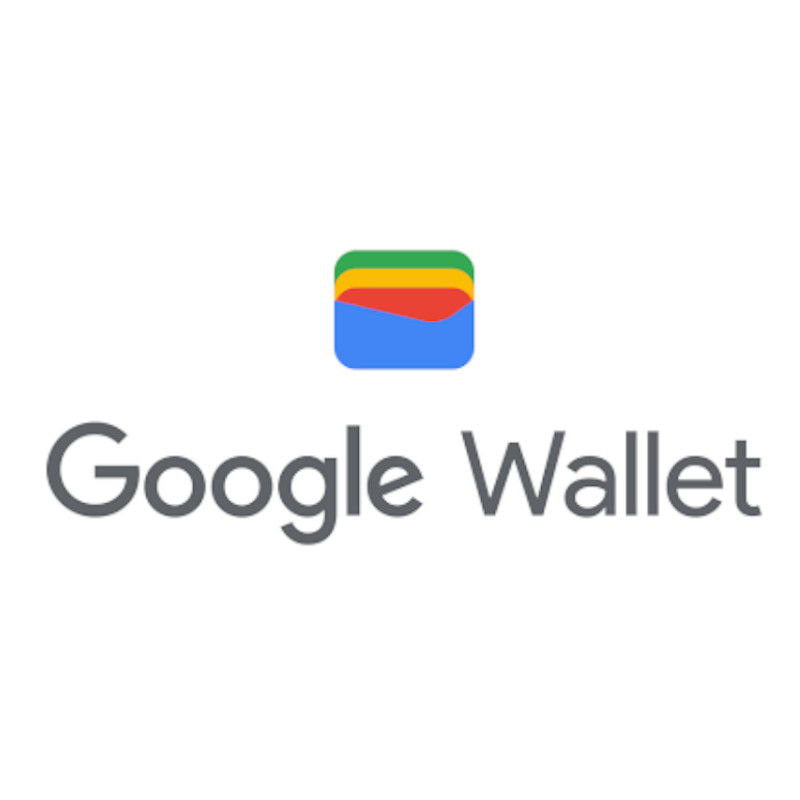
Wider global availability
Google Wallet is a rebrand of the popular Google Pay app. It offers the same NFC payments, transit cards, loyalty cards, and other wallet-replacing tools as before. However, it also offers features like driver's license storage and digital car keys.
For
- Available on all Android phones and Wear OS watches
- Available in more countries
- Google Pay more widely available for online payments
- Transit and parking passes
Against
- No MST
- No longer has peer-to-peer payments
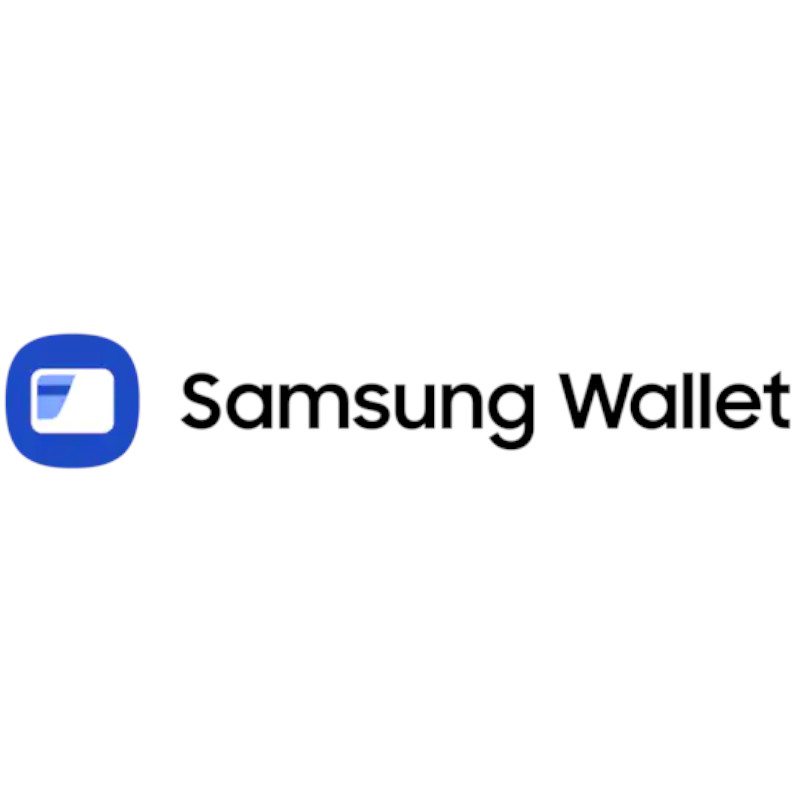
Boarding passes, IDs, and digital keys
Samsung Pay rebranded itself as Samsung Wallet and quickly promised to add almost all of the same features as Google Wallet, with some unique perks like blockchain tracking. The main difference here is that you can only use Samsung Wallet on Samsung devices.
For
- Incorporates into Samsung phones, watches, and apps
- Blockchain Wallet
- Incorporates Samsung Pass
- Technically supports MST on older phones
Against
- Only available on Samsung phones
- No longer supports MST on newer phones
With different digital payment methods, the Google Wallet vs. Samsung Wallet situation is bound to arise. Each platform offers various features and advantages, catering to different user preferences and needs. Understanding the differences between the two popular mobile wallets will help you make an informed decision and choose the one that best fits your lifestyle. Let's delve into a detailed comparison between Google Wallet and Samsung Wallet to see which is best for you.
Google Wallet vs. Samsung Wallet: Availability
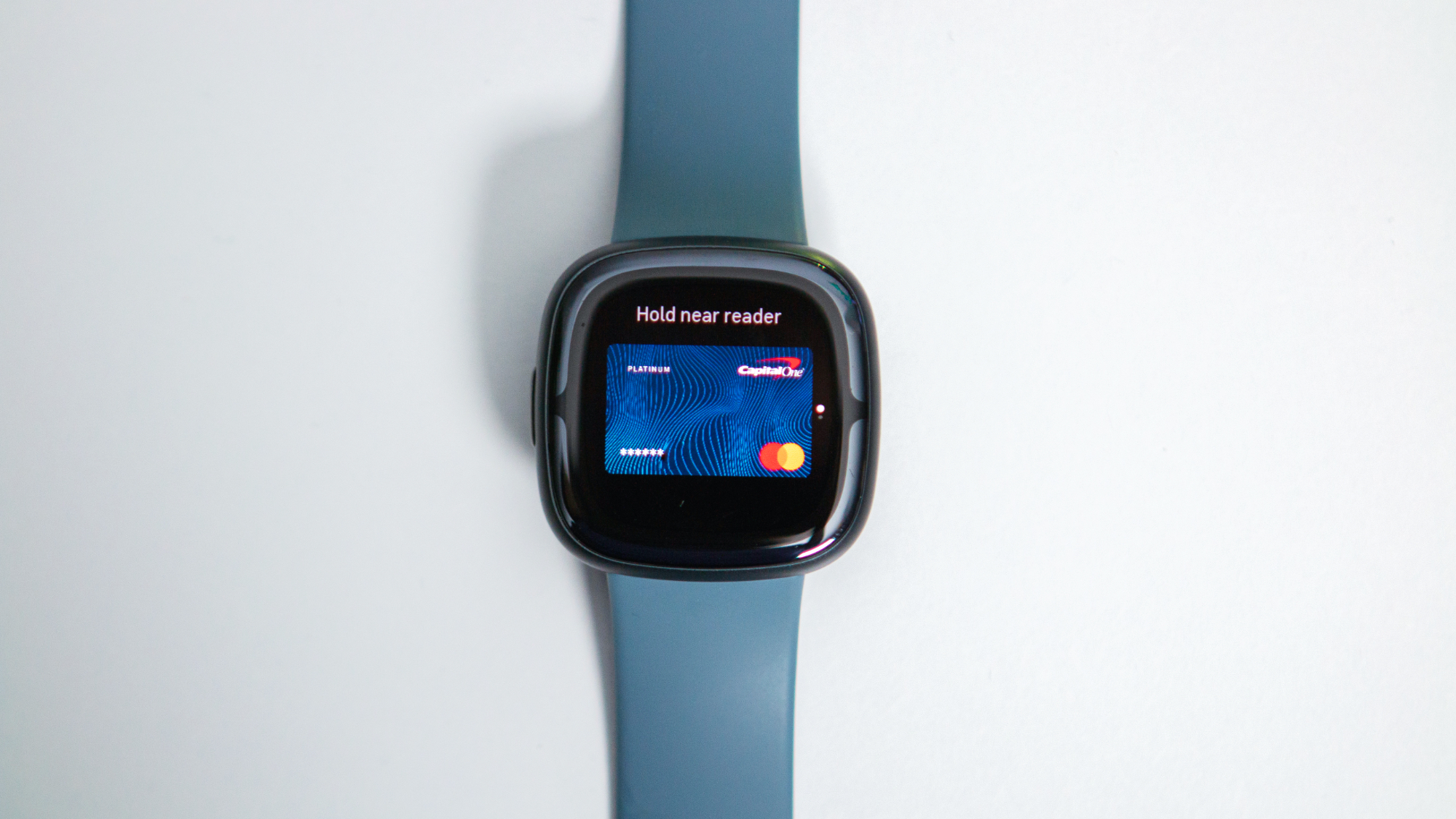
Samsung Wallet launched in mid-June, while Google Wallet arrived in mid-July. However, Google's new payment app is available in more places and on more devices.
Google Wallet is available in 80 countries and counting (listed at that link), provided you have an Android phone with NFC support. It's also available on Wear OS watches for easy tap-to-pay, including the Samsung Galaxy Watch 6 — even though its default payment app is Samsung Pay. It'll even come to new Fitbit watches.
As for Samsung Wallet, it's specifically available through the Galaxy Store, which means you can only download it on Samsung phones. It's also the default tap-to-pay option on Samsung watches like the Galaxy Watch 6 and Galaxy Watch 6 Classic.
Initially available in just six countries, Samsung Wallet is now available in 29 countries as of January 2023, as per this Samsung press release. With this expansion, Samsung has made its Wallet far more competitive than before in the global market, but Google Wallet may still be your only option depending on where you live — making this breakdown moot.
Google Wallet vs. Samsung Wallet: Pay changes
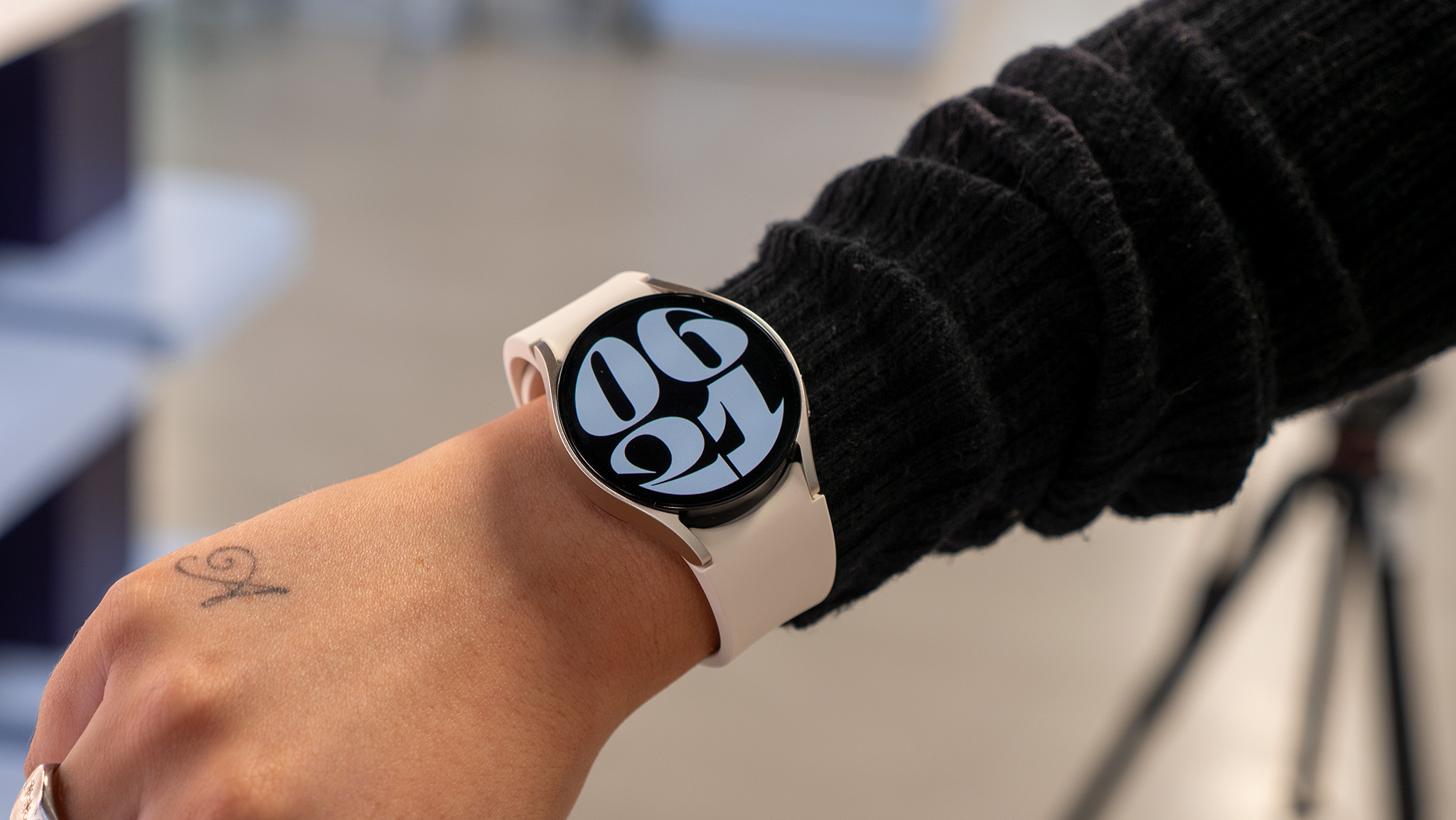
As we'll discuss below, Google and Samsung essentially added the same "wallet" features when rebranding Google Pay and Samsung Pay. So, when comparing the two apps, it makes more sense to focus first on how they differ regarding payments rather than the new ancillary tools.
The most obvious shared trait is that Google Wallet and Samsung Wallet let you store credit cards, debit cards, bank accounts, Paypal, and other financial info for NFC tap-to-pay in physical store locations supporting them. It sounds confusing, but you should consider Pay as a feature of Wallet now rather than its app.
Be an expert in 5 minutes
Get the latest news from Android Central, your trusted companion in the world of Android
Both services should generally accept the same banks and credit card companies so you can choose either. On a similar note, most physical stores will either accept both Google Wallet and Samsung Wallet or neither. So you can safely choose whichever you prefer and get most of the same tools, assuming you own a Samsung device that supports both.
As Google mentioned in a press release, Google Pay is no longer available for use as of June 4, 2024. You can no longer send, request, or receive money from others as of this date. You will also not be able to add money to your balance, but you can continue to view and transfer your funds to your bank account after this date.
You shouldn't be surprised that Samsung Wallet shares most of its features with Google Wallet — though it has some niche extras.
Google Wallet has the edge with online payments. You'll often find Google Wallet as a checkout option for specific storefronts, and if you use Chrome, you'll see the prompt to auto-populate payment fields with your stored Google Wallet cards. Samsung Wallet, on the other hand, doesn't have the same kind of reach outside of Samsung's stores.
Samsung used to have a leg up with Magnetic Secure Transmission (MST), a payment method that uses your phone like the magnetic sound on credit cards. However, Samsung didn't include it in the Galaxy S23 Ultra and didn't support it in the U.S.-based Galaxy S24 Ultra, essentially abandoning the feature moving forward.
Some people argued that MST's death was a good thing, but it removed one of Samsung Wallet's only distinct features. Similarly, Google could've given Google Wallet the edge by offering Plex bank accounts that bypassed traditional banks, but it eventually abandoned the idea. Now, Google and Samsung are more focused on bringing other tools to the app besides payment-based ones.
Google Wallet vs. Samsung Wallet: Competing features
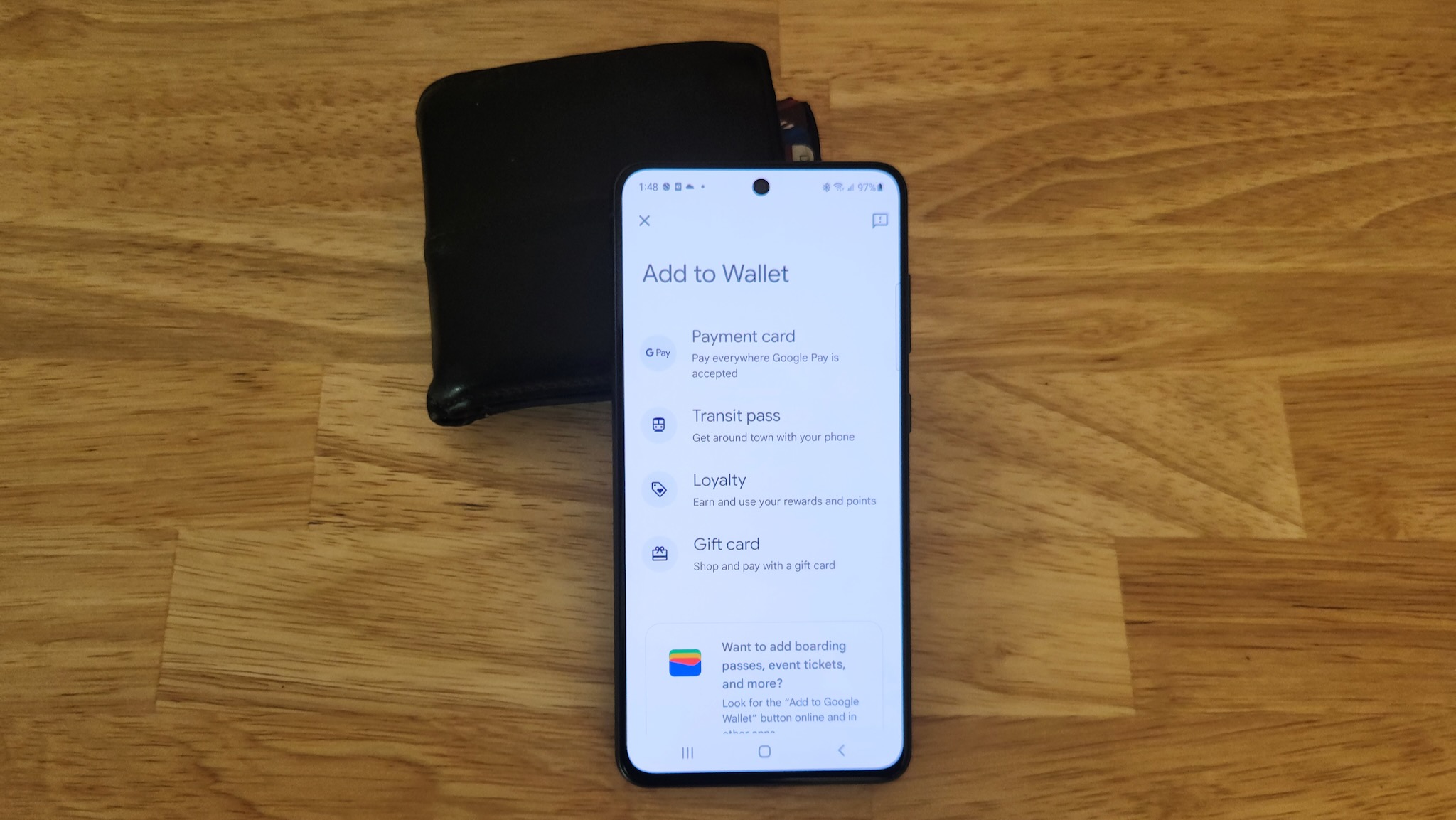
Samsung is often in step with Google when it comes to releasing new features to its phones, so you shouldn't be surprised that Samsung Wallet shares most of its features with Google Wallet — though it has some niche extras.
Both mobile giants currently offer services such as loyalty and membership cards, gift cards, boarding passes, digital car keys for participating brands like BMW and Hyundai, and vaccination cards.
Both Wallet apps work to add digital IDs and driver's licenses; Google prioritized American IDs first, while Samsung started with South Korean IDs.
The Android OS supports stored pass data and tap-to-show functionality, so it makes sense that the two apps offer the same tools. The same applies to digital driver's licenses and IDs: The delay is less about the technology and more about states and nations accepting digital identification as valid.
As of early this year, you can add IDs from states such as Arizona, Colorado, Georgia, and Maryland to Google Wallet. Samsung mentions in a press release that the only states that Samsung Wallet currently supports are Arizona and Maryland.
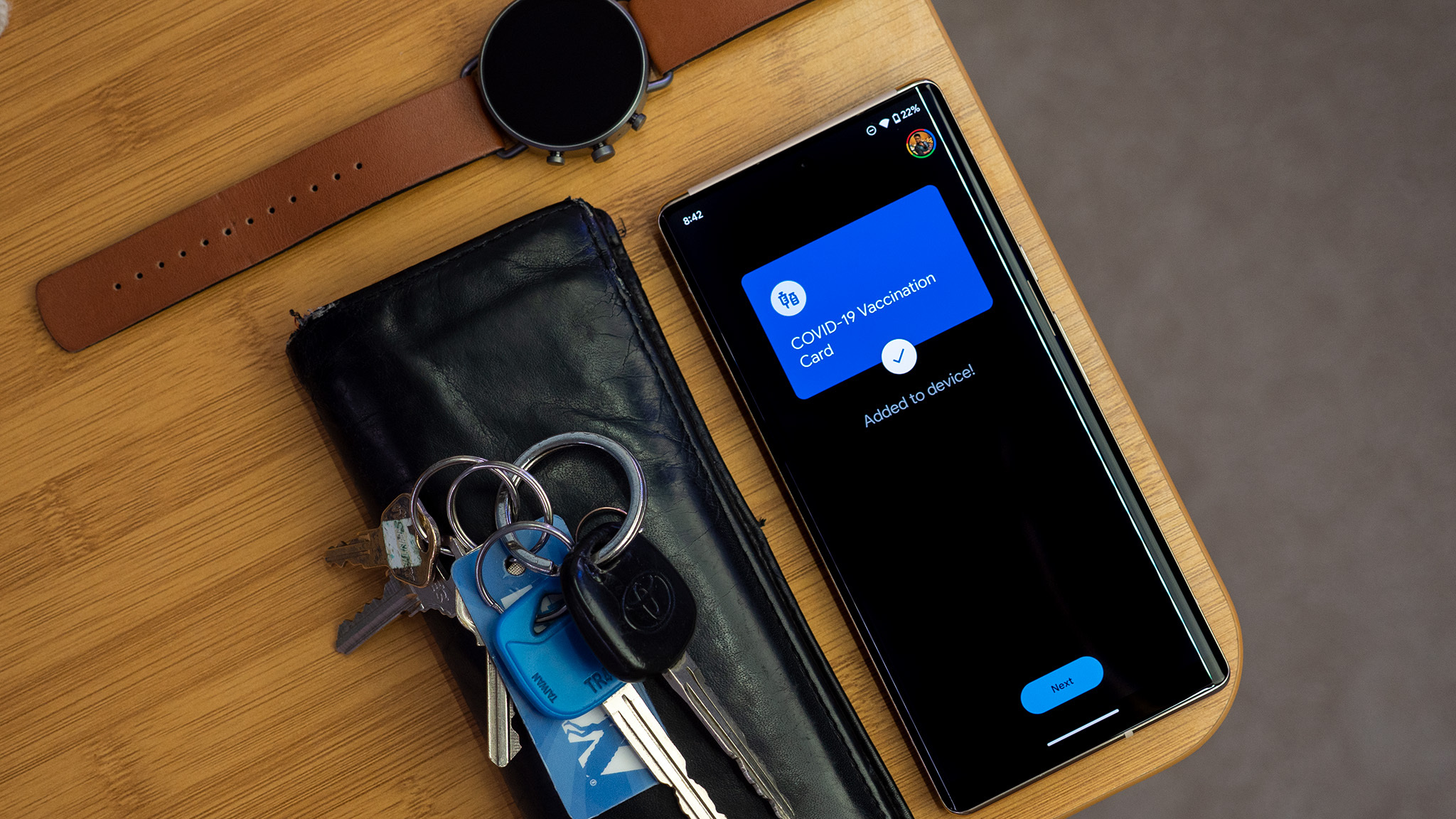
Where they differ, Samsung Wallet incorporates Samsung Pass to store and populate your passwords after biometric authentication on your Samsung phone. Google also offers auto-password tools outside of Wallet, so you're not missing anything. Plus, there are many third-party password managers you can use.
Samsung also incorporated its "Blockchain Wallet" so you can monitor cryptocurrencies right through the Wallet, something Google doesn't offer yet. The supported list includes Bitcoin, Ethereum, ERC tokens, Tron (TRX), and TRC tokens. If you care about crypto and want to check your balances in the Samsung Blockchain app.
Lastly, Samsung Wallet offers cash-back rewards for making phone purchases through the app for supported merchants, which Google Wallet gives rewards when enabling loyalty cards.
As for Google-exclusive features, Google Wallet incorporates parking passes, hotel room keys, and transit passes—all features that Samsung Wallet might add in the future but didn't mention in its press release.
Google Wallet vs. Samsung Wallet: Which should you use?
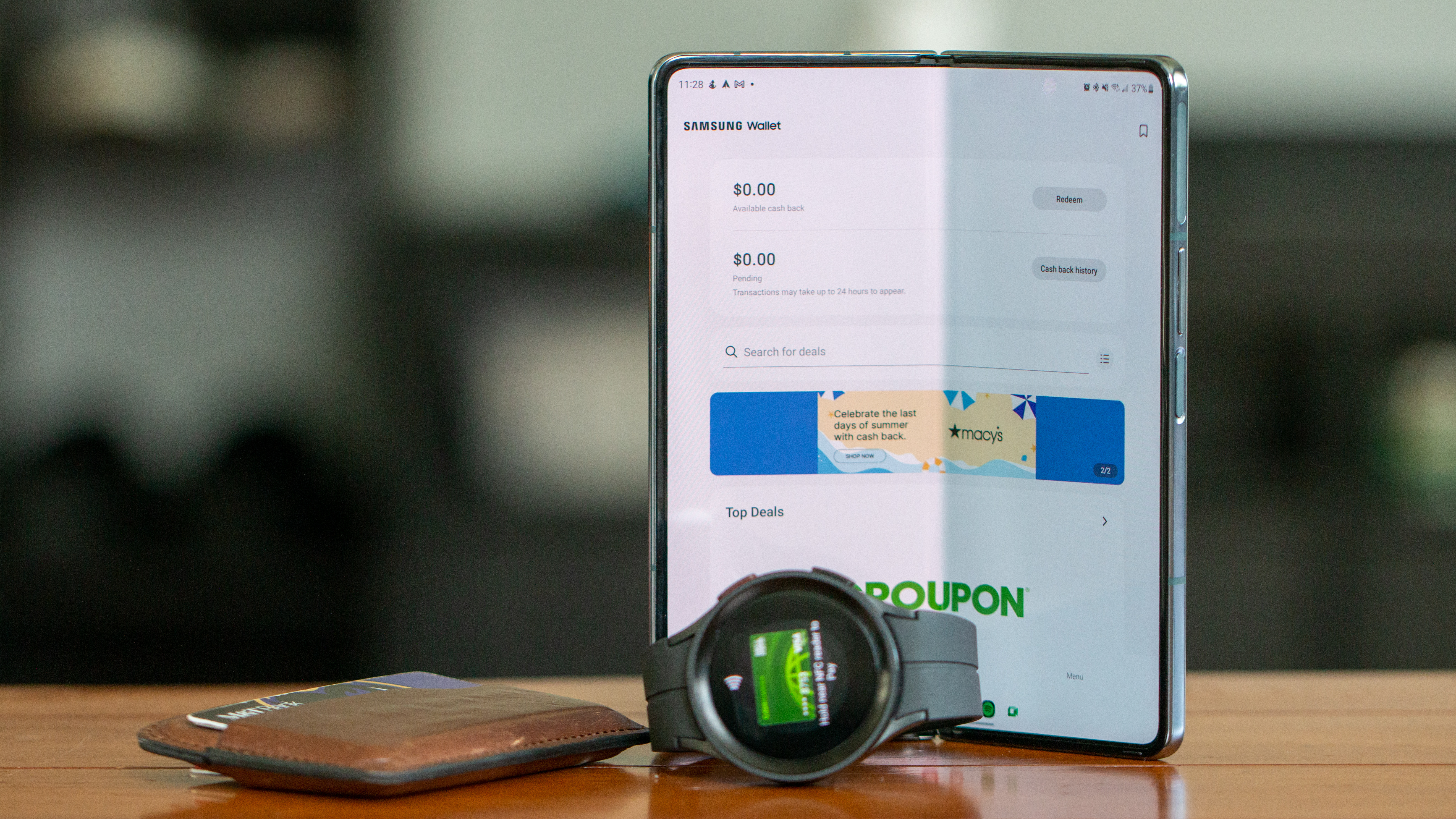
If you mainly use Samsung devices, you can make the case to use Samsung Wallet over Google Wallet. The One UI OS incorporates both apps, but Samsung Wallet works more easily on the Galaxy Store and gives you rewards for future Samsung device purchases. Given Samsung makes many of the best Android phones, many of you will fall into this category.
Otherwise, unless you're really interested in cryptocurrency or use an older Galaxy phone with MST support, Samsung Wallet doesn't have enough exclusive perks.
Using Google Wallet means your payment data will remain up to date if you ever switch from Samsung to another Android brand. Google Wallet's availability for online payments may prove just as useful as physical tap-to-pay in stores. Our guide comparing the five top payment apps (Google, Samsung, Apple, Amazon, and Meta) goes deeper into these differences.
Otherwise, Google Wallet and Samsung Wallet store the same financial and personal data, so you can't go wrong with either from a feature storefront. However, Samsung Wallet has received many negative reviews on the Galaxy Store as being unreliable and buggy, especially on older devices. For comparison, the Google Wallet app has its detractors but seems to be more stable, making it more tempting.

Michael is Android Central's resident expert on wearables and fitness. Before joining Android Central, he freelanced for years at Techradar, Wareable, Windows Central, and Digital Trends. Channeling his love of running, he established himself as an expert on fitness watches, testing and reviewing models from Garmin, Fitbit, Samsung, Apple, COROS, Polar, Amazfit, Suunto, and more.
You must confirm your public display name before commenting
Please logout and then login again, you will then be prompted to enter your display name.
